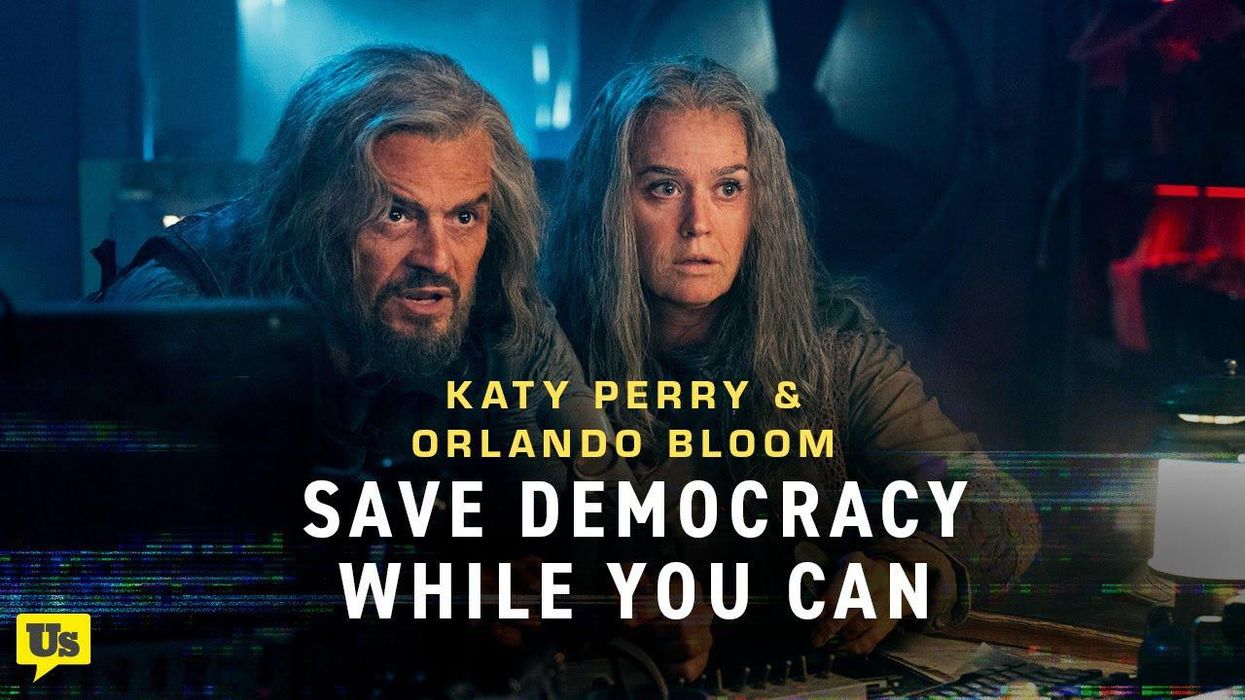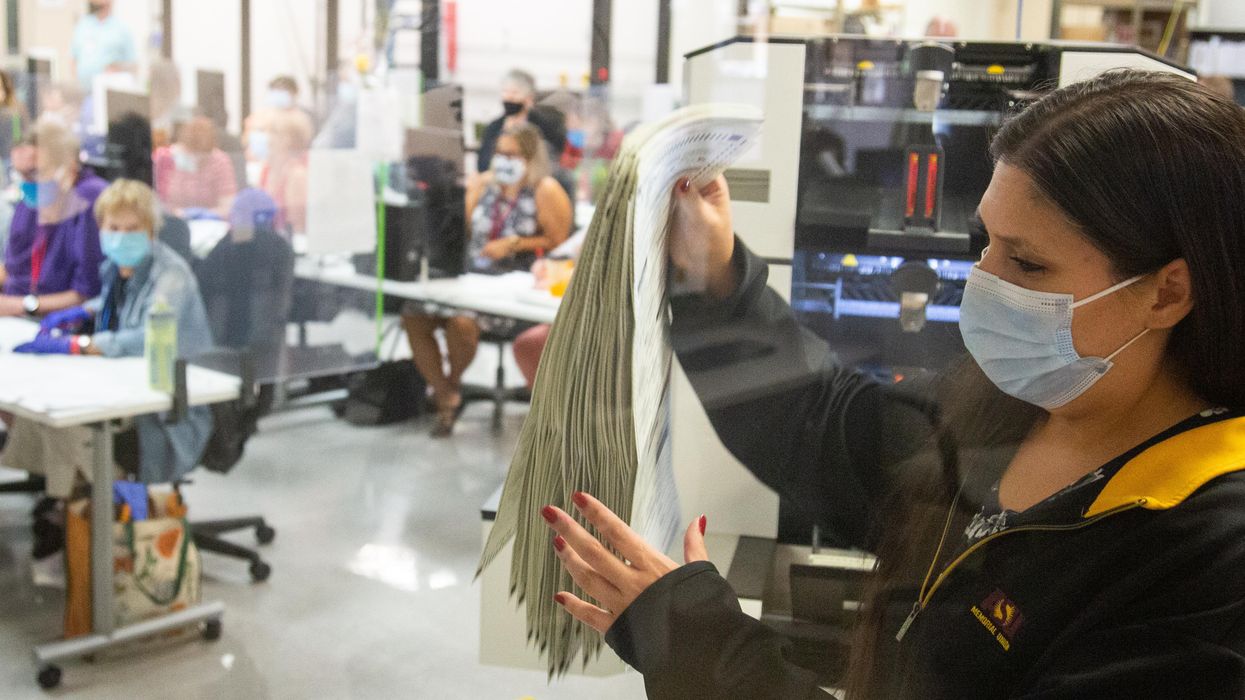As we turn the final pages on a tumultuous 2021, all this week The Fulcrum will share a year-end series of guest commentaries from a distinguished group of columnists on the current state of electoral reform and what we may expect in the upcoming year.
Joshua Graham Lynn is president and co-founder of RepresentUs.
As we approach RepresentUs’ 10-year anniversary in 2022, I want to celebrate all the work we’ve done and the continued momentum of our anti-corruption movement while also recognizing the severe threats to democracy ahead.
I co-founded RepresentUs — the nation’s largest grassroots anti-corruption organization — in 2012 to fill a glaring gap in the democracy advocacy space. Too many nonprofit groups were directing their efforts solely toward the 25 percent or so of the country who identified as liberal, despite the fact that majorities of Americans of all political stripes support necessary reforms
We came to the conclusion that in order to beat back the corruption that had become normalized in our politics, especially after the Supreme Court’s Citizens United decision that allowed billionaires to buy elections, we had to create an unstoppable cross-partisan coalition of Americans that would force our elected officials to prioritize the issue.
The bulk of RepresentUs’ work focuses on advocating for a wide range of good-government reforms at the local and state levels: ranked-choice voting, open primaries, campaign finance and more. In total, through our Campaign Accelerator program and with the help of countless on-the-ground partners, we’ve pushed through 129 laws and resolutions in cities and states across the country.
In 2021, we added to our long list of local anti-corruption victories by helping to pass ranked-choice voting policies in Ann Arbor, Mich., Westbrook, Maine, and Broomfield, Colo. RCV is the fastest-growing nonpartisan voting reform across the country. Implementing RCV in more towns, cities and states will go a long way toward reducing the polarization that plagues our politics, and ending the two-party duopoly at the ballot box.
Also this past year, RepresentUs went all in for the most significant federal democracy legislation since the Civil Rights Act of 1965: the For the People Act and the Freedom to Vote Act. Not only did we have a pro-democracy majority in Congress that made progress possible, but we were facing a democratic crisis that required a federal response.
From cheeky ads to drum up public attention to in-depth research reports showing how the legislation would improve our democracy, RepresentUs launched a multiprong approach to pass once-in-a-lifetime voter rights legislation.
While the 2021 legislative session came and went without the Freedom to Vote Act passing, we’re closer than ever to getting it done. Because of the pressure our movement generated through protests, calls and other actions, legislative leaders continue to make it a top priority. And Senate Majority Leader Chuck Schumer has committed to holding a vote immediately in the new year.
In order to get this over the finish line, senators have to agree to change the filibuster rule to end the gridlock, restore the Senate and save democracy. Many formerly pro-filibuster senators have come out in recent days in favor of rule changes to get it done, and we’ll keep working to make sure they all get there.
2021 also marked the beginning of the once-a-decade redistricting process. In the spring, we released our Gerrymandering Threat Index, which found that 35 states were either at “high” or “extreme” risk for gerrymandering. We partnered with the prestigious Princeton Gerrymandering Project on the Redistricting Report Card. This one-of-a-kind tool grades proposed voting maps as they’re released on partisan fairness, competitiveness and geographic features.
We conducted a national poll, as well as state polls in Wisconsin, Florida, North Carolina and Pennsylvania, showing that supermajorities of voters oppose gerrymandering and want politicians to be removed from the process.
In general, our Gerrymandering Threat Index predicted what we see playing out across the country, in red states and blue states. States where politicians control the process are averaging “D” grades on their maps, while states that have some kind of redistricting commission process are averaging “B+” fair maps. And because we’ve been able to get grades and analysis to decision-makers and on-the-ground activists quickly, this process is more transparent and the data more democratized than ever before.
While we saw tremendous progress for democracy reform in 2021, we also saw some blaring warning signs. In the wake of the Big Lie and the Jan. 6 attack on the U.S. Capitol, anti-democratic forces mobilized this year to manipulate election laws and administration to favor authoritarian candidates. Nineteen states passed laws making it harder for their citizens to vote, and the nonpartisan election officials who stood up to former President Donald Trump in 2020 are being systematically replaced by partisans who appear primed to overturn the next election.
To fight back, we will engage our powerful cross-partisan, pro-democracy coalition to protect our democracy in 2022, focusing on preventing election manipulation in the battleground states of Wisconsin, Michigan, Pennsylvania, North Carolina and Arizona. More details to come.
Amid these tremendous opportunities and challenges, we look forward to working with our members and partners to make America the strongest democracy in the world. There’s nothing more important.



















Marco Rubio is the only adult left in the room